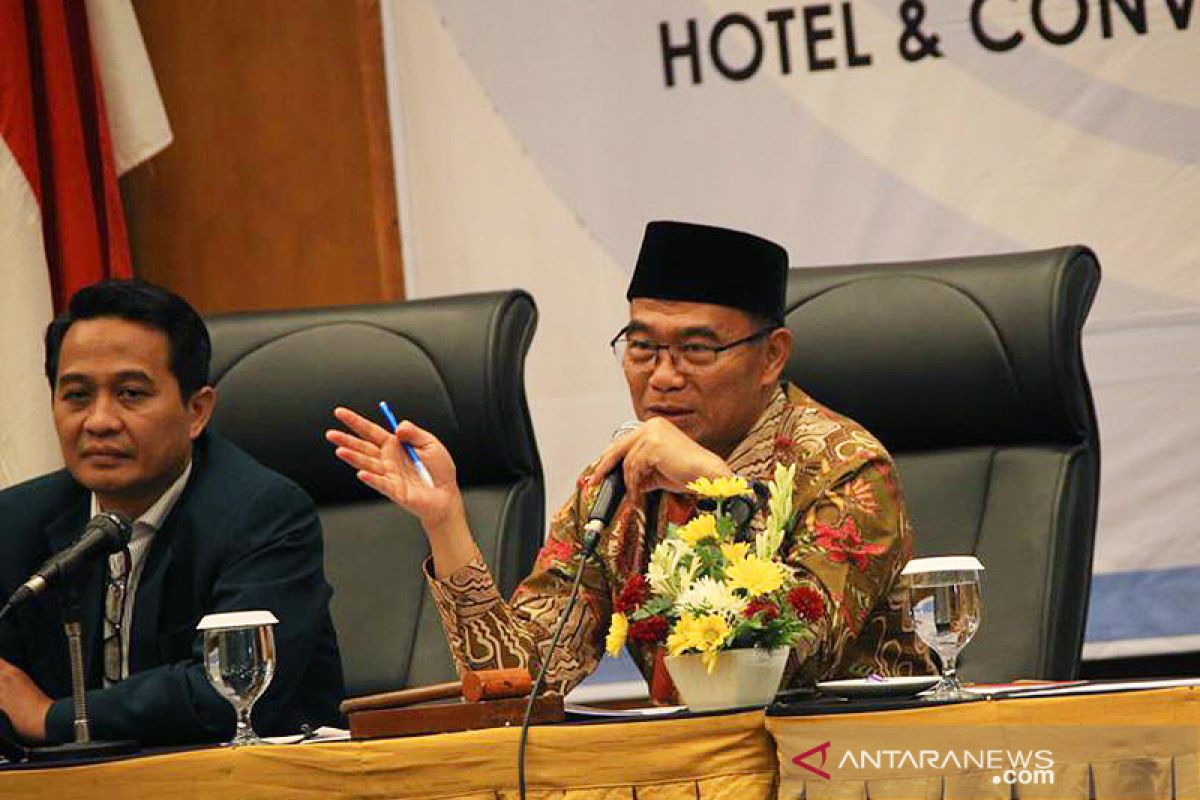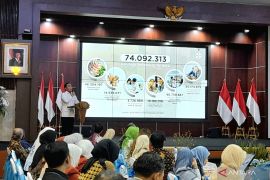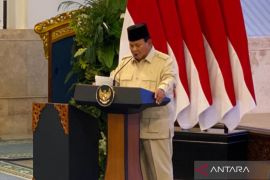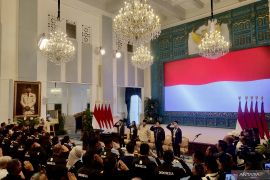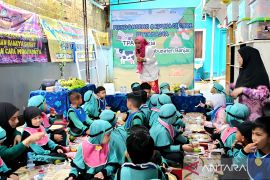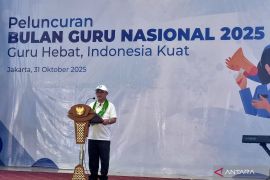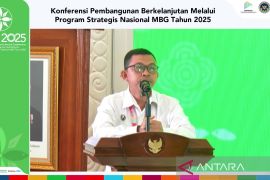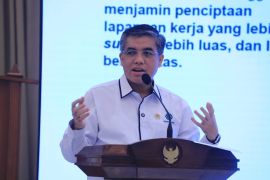This offers a chance for the Indonesian nation to improve its quality, income, and competitiveness to compete with other countriesJakarta (ANTARA) - The Indonesian government has outlined five strategies to take maximum advantage of the demographic bonus through interventions in health, education, and social protection sectors.
The demographic bonus in the form of an abundant productive-age population must be utilized to promote the people's welfare, Coordinating Minister for Human Development and Culture, Muhadjir Effendy, said during a webinar here on Thursday.
“This offers a chance for the Indonesian nation to improve its quality, income, and competitiveness to compete with other countries,” he said in his address, which was read out by chief of the Demography and Family Planning Board (BKKBN), Hasto Wardoyo.
Muhadjir said the Indonesian population is currently dominated by generation Z (people born between 1998 and 2010) and the millennial generation (people born between the 1980s and the 2000s.)
The generation Z and millennial generation, who make up 53.81 percent of the total population, will play an important role in advancing Indonesia, he observed.
"These generations are becoming and will become a development agent for Golden Indonesia 2045," he remarked.
The first government strategy to exploit the demographic bonus is to improve the quality of the population through interventions in the health and educational sectors, he informed.
Interventions in the health sector are being made right from the time a child is inside its mother's womb, he revealed. The government has implemented nutrition intervention programs for pregnant women, children in the first thousand days of life, and children aged less than five years, he said.
The intervention programs in the health sector also cover the monitoring of child growth and the evaluation of integrated health service posts using village funds, Muhadjir informed.
In addition, the government is also prioritizing educational programs for pre-school education and character education, he said.
The second strategy is to improve the quality of the population to ensure that children attend school for at least 12 years, he added.
"The second phase is done through (guaranteeing) equitable access to education through 12-year compulsory education, coupled with smart Indonesia card, school operational assistance, revitalized curriculum, and vocational school accreditation," he said.
The third strategy is to improve senior high school graduates' access to institutes of higher learning and rehabilitate vocation-based institutes of higher learning, he added.
The fourth strategy is to help university and college graduates find jobs through pre-employment cards, and the fifth strategy is to provide social protection and health security to the elderly, he revealed.
Related news: Vocational education vital for human resource development: President
Related news: Minister stresses on vocational training to reap demographic bonus
Related news: Demographic bonus emerges as solution to break middle-income trap
Translator: Aditya Ramadhan/Suharto
Editor: Sri Haryati
Copyright © ANTARA 2021
